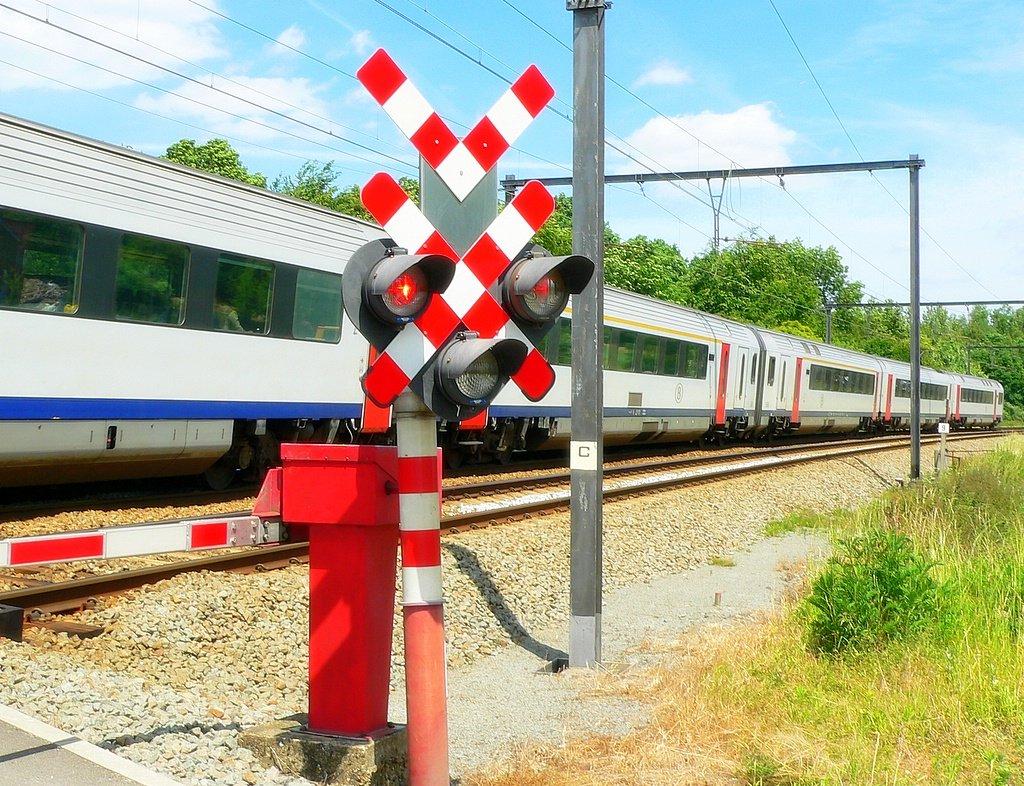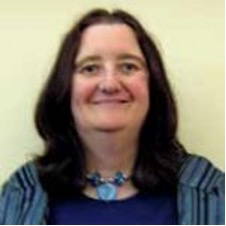
By Amander Wellings
November 2023
Note: This post is a reflection from the July 2023 workshop “Working Together: Breaking Intergenerational Cycles of Public Health Adversity,” which was jointly organised by the Centre for Science and Policy (CSaP) and Cambridge Public Health. The workshop brought together stakeholders to examine how society can break intergenerational cycles of public health adversity.
Before you start reading: yes, this first bit does seem complicated — but stay with me, I promise it gets easier!
First, some background: I got on the policy workshop ‘train’ July 2023, chartered by the Centre for Science and Policy (CSaP), University of Cambridge, in partnership with the Cambridge Public Health Interdisciplinary Research Centre (CPH IRC). The workshop brought together many passengers — policy makers (local, regional and national levels), leading academic experts from the University of Cambridge, as well as other relevant stakeholders — to discuss how academics and policy makers can work together to break intergenerational cycles of public health adversity.
How far did we get and what were the leaves on the line?
A big barrier where steam was lost was the following question: what do intergenerational cycles of public health adversity mean?
I had to have it explained to me before I started the journey — before I even got the ticket. Many groups on board seemed to have different ideas on what the concept meant. We were on the train wanting, at least I hope, to reach the same destination, but each stakeholder had their own views of what the problem was. Each stakeholder had their things they as an organisation had to achieve.
Were we really heading for the same place? (Policy and services that work for all!) Different languages and different needs for each group meant it wasn’t a smooth journey and we still have a long way to travel with this. A working definition, one understandable for all, is an essential first step.
Everyone present realised the benefit of discussing together: we were all eager to get positive outcomes for prevention, rather than cure for those seemingly trapped in intergenerational adversity.
Trapped in…what?
The concept of intergenerational adversity is that people have the same challenges as those in previous generations within their families and the groups they associate with. Unhealthful behaviours and mindsets are handed out from generations before.
How do public health messages get through when the direction of travel is already given by those who made the journey before you? Are we all destined to go the same way? I for certain did choose a different path to my family. It is possible to change the direction of travel on a rollercoaster — that must happen at an individual level. Structural change will aid and smooth the bumps somewhat.
If we include the underserved in the research and policy making that it informs, will the direction of travel be easier?
Clear communication gives us green signals. From that beginning, we can move forward together, creating outcomes that suit all stakeholders. Yet those who create the message hold the power to change. If that message is a command from above, will we obey? Does it feel just like more leaves on the line? Do we trust who is telling us what to do?
Intergenerational pull may make us sceptical of some messages — and perhaps we need to abolish the first-class compartment and invite all to climb on board with a free buffet car and acknowledgement of their value. Greater inclusion and diversity of passengers will mean the final destination is accessible, usable and has value for all. Moreover, this approach will help save scarce resources.
Finally, if we change the environment based on the ideas of those living within it, we will also change outcomes and increase good health and well-being for that group.
The covid-19–shaped leaf on the line
Policy change and research had to speed up during the Covid-19 outbreak, and there was an emphasis on how important community engagement was to maximise prevention over creating greater demands on an already stretched National Health and Social Care Service. Many rules thrust upon the public were hard to adhere to. Trust in policy makers was not inevitable and many people, I think understandably, rebelled.
Community engagement aiming to reach underserved communities — those that were being let down by health and social care during the pandemic — was prioritised, and we need to carry on that momentum.
So maybe it wasn’t a leaf after all, but a valuable learning experience, a place where the public gained understanding of the importance of research.
Building partnerships between researchers and the public
Resources and time are needed for real public partnerships to be built with new voices. We need to go out into communities and understand how they communicate and what is important to them. For public health — the clue is in the name — if it is not seen as influenced by the public, how will it achieve any adherence or positive change? We, as policy and research communities, need to include those using policy in its creation.
As a public involvement specialist with twenty years of experience, I know the power of real public involvement versus tokenistic consulting. The direction of travel needs to be decided by all. Scarce resources will be saved if public health messages and interventions really fit what a diverse public need, wants and understands. This requires investment, but whilst we all are on the train, we can be supportive and learn more about the needs of all stakeholders.
The National Institute of Health and Social Care Research is building necessary bridges between researchers and the public.* We can stop reinventing the wheel and learn from resources already available to get all up to speed. Then, and only then, will we be travelling to a mutually beneficial place.
We all need training and mutual understanding before we embark on any journey. We do not want to experience replacement buses and delays and cancellations just get to where we are destined smoothly and stress free.
Here are links for all including you the public if you want to learn more about how we are listening to your needs. How we value your ideas to inform policy and practices.
*Creative Learning Abilities Partnerships (CLAN) | ARC East of England (nihr.ac.uk)
Some useful links
Patient & Public Involvement | ARC East of England (nihr.ac.uk)


